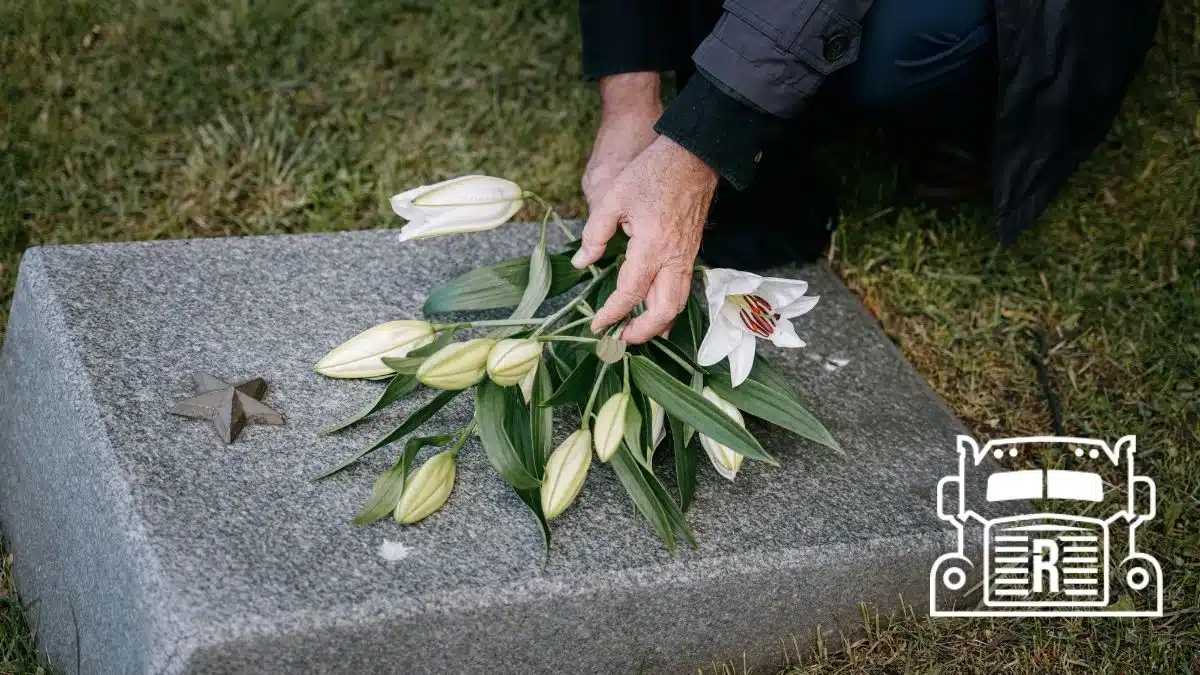What Happens if I Miss the Statute of Limitations Deadline?
If the statute of limitations expires before you file your wrongful death claim, you will lose your right to bring a lawsuit and seek compensation. While there are exceptions to the two-year timeframe, the consequences for missing the deadline include:
- Case dismissal: Wrongful death claims filed after the legal deadline has passed will typically be dismissed by the court.
- Inability to recover damages: Families who miss the deadline to file a claim will not receive compensation for medical bills, funeral expenses, and other losses connected to the wrongful death.
- Irretrievable loss of right to sue: After the statute of limitations deadline passes, family members will most likely lose the ability to file a lawsuit.
- Loss of leverage in negotiations: When insurance companies know you missed the deadline and can no longer sue, they may offer a low settlement or try to deny your claim because your negotiating leverage is significantly weakened.
When Can the Two-Year Deadline Be Extended?
Although the two-year deadline applies to most wrongful death cases in Arizona, there are circumstances that will pause or toll the statute of limitations. In these cases, the deadline is extended, giving surviving family members more time to file a legal claim and recover damages.
The Discovery Rule
The cause of death is not always immediately apparent after losing a family member. At first, it may appear that the death was caused by an unavoidable accident. However, family members may later discover that a person’s negligent conduct led to their loved one’s death.
For example, a surviving spouse may learn that the doctor who treated her husband when he died has been accused of medical malpractice on several occasions. After a thorough investigation, it was found that the doctor failed to provide the level of care expected of his position. Although she discovered this fact more than two years after her husband’s death, she may still qualify to bring a wrongful death lawsuit.
The discovery rule essentially pauses the clock, allowing the two-year deadline to begin on the date the family members discover or reasonably should have discovered that the death was caused by negligence.
Minor Beneficiaries
If the deceased person’s beneficiary is a minor, such as a minor child who has the right to bring a wrongful death claim for a parent’s wrongful death, the statute of limitations may be tolled until the minor reaches the legal age of majority. In Arizona, 18 is the age when someone is considered an adult and can make their own legal decisions.
Speak with a legal professional to see if this situation applies to your loved one’s case before assuming the time limit will be extended. You don’t want to risk missing the deadline and losing the right to claim compensation.
Defendant’s Absence or Fraud
It’s possible that the at-fault party may leave the state or fraudulently attempt to conceal their identity or evidence that would prove their liability. When this happens, the court may pause the deadline for the family to file a wrongful death claim.
If the responsible party is not in Arizona, the time spent out of state will not count towards the two-year time limit to take legal action. Additionally, the wrongful death statute of limitations is tolled until the liable party is located or you discover the fraudulent concealment that prevented you from exercising your right to sue.
Incapacity of the Plaintiff
The beneficiary of a deceased person may be incapacitated, meaning the person does not have the mental or physical ability to manage their own affairs or make rational decisions. When the incapacity is temporary, the statute of limitations may be paused until the person regains their capacity to file a wrongful death claim. In other cases, a court may appoint a guardian to assist with decision-making.
A court may find a person to be legally incapacitated when they:
- Are severely ill
- Have a serious injury
- Are mentally disabled
- Have a mental illness
The court must determine that an individual is incapacitated before the statute of limitations is tolled. An attorney can help you through this process to protect your rights and assist you with the necessary steps to file your claim.
Did the Government’s Negligence Lead to a Wrongful Death?
One important exception to the two-year statute of limitations is when the government is liable. If a government entity, public agency, or state employee was negligent and it led to wrongful death, Arizona allows surviving family members to file a lawsuit. However, there are key differences from other wrongful death claims, including:
- You must file a formal notice of claim and serve it on the proper government representative within 180 days of the wrongful death.
- The government agency has 60 days after receiving the notice of claim to either accept or reject it.
- If the claim is rejected or there is no response within 60 days, the family may move forward with a lawsuit.
- The wrongful death statute of limitations for suing the government in Arizona is only one year from the date of the death.
If you believe the government is responsible for your family member’s death, take action quickly to avoid missing the deadline.
How a Wrongful Death Attorney at Runion Personal Injury Lawyers Can Help
At Runion Personal Injury Lawyers, our Arizona wrongful death lawyers know the severe and long-term consequences an unexpected death can have on family members left behind. We are committed to helping these families pursue justice and obtain fair compensation for their financial losses, emotional distress, and other damages caused by the wrongful death.
With a 99 percent success rate and decades of combined experience, our team has recovered more than $50 million in settlements and verdicts for our clients. Our Net Recovery Guarantee means you will never pay us more in legal fees than you recover from your claim, and there is no upfront cost to work with our award-winning attorneys.
When you trust us to handle your wrongful death claim, we carefully determine liability, identify all damages, and build a strong case to demand the maximum compensation available to your family. Call (602) 600-9000 or contact us online to schedule your free consultation today.





